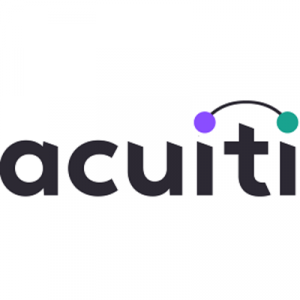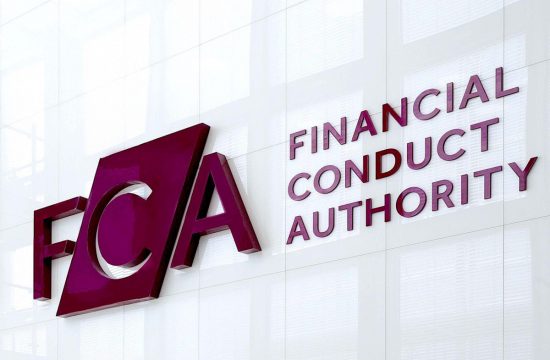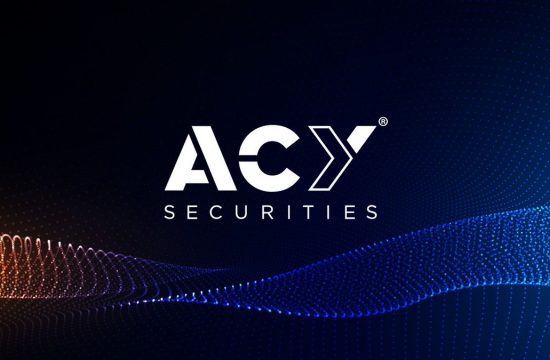 Acuiti, a leading management intelligence and operational and performance analytics for the global derivatives market, has found that digital assets are on the cusp of significant growth from traditional trading firms and institutions.
Acuiti, a leading management intelligence and operational and performance analytics for the global derivatives market, has found that digital assets are on the cusp of significant growth from traditional trading firms and institutions.
The extensive research study conducted by Acuiti in partnership with Bitstamp and CME Group surveyed traditional trading firms and institutions, specialist crypto trading firms and sell-side service providers. The report released this week concluded that current adoption rates are relatively low with less than a fifth of traditional firms surveyed currently trading digital assets such as Bitcoin and Ether.
There is a growing demand from traditional trading firms to either enter the market or expand their current coverage to trade more cryptocurrencies, and among the traditional trading firms that chose not to trade digital assets, 97% will consider the opportunity again in the next two years or less and 45% were planning to revisit the idea in six months or less.
Will Mitting, managing director of Acuiti, commented: “We identified two major splits in the current market for crypto trading. One was between traditional trading firms and specialist crypto trading firms. Traditional firms that traded digital assets tended to limit their coverage to bitcoin derivatives on traditional markets, such as CME, while specialist crypto firms traded on a broad range of markets. We also found a growing split between demand from traditional trading firms to broaden their coverage of digital assets and the willingness or ability of sell-side firms to provide access.”
The study found that firms trading on multiple digital assets exchanges were more profitable than those trading one or two, which explains the demand to broaden offerings. To meet this adoption, clearing firms and other service providers will have to expand their offerings to include a range of markets, but most sell-side firms are reluctant to offer access to a market unregulated by their home authorities.
Ongoing initiatives in the US, EU, and the UK are putting in place a more formal regulatory structure for specialist venues, which should lead to significant growth. Some venues have already obtained a license that regulates them within the EU as a payment institution and obtained the BitLicense in the US.
“The future of digital asset trading is likely to be fragmented with opportunities created by the market structure as much as market movement. CME and the traditional derivatives markets will sit alongside regulated digital assets exchanges creating a vibrant and dynamic market for trading”, Mitting added.












